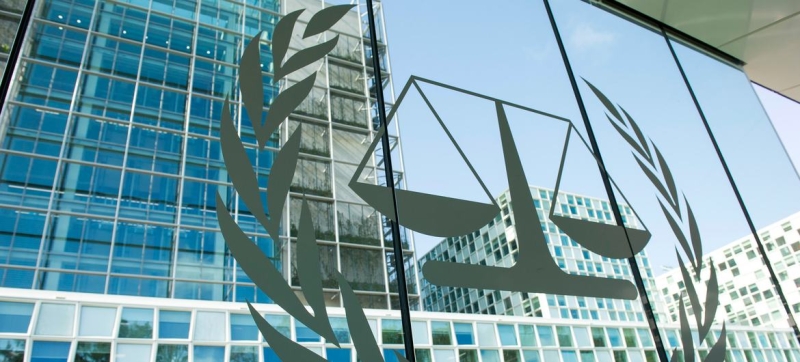
The ICC is located in The Hague, the Netherlands. International Criminal Court continues to fight impunity despite threats International Law
The annual report of the International Criminal Court (ICC), which was presented today to the UN General Assembly, highlights the need to strengthen cooperation with states, protect the independence of the court and ensure the universality of the Rome Statute.
The International Criminal Court and the United Nations maintain close cooperation, based on the 2004 Agreement, which ensures coordination of their activities in strengthening the international legal order, protecting human rights and combating impunity for the most serious crimes.
Opening the meeting, the President of the 80th session of the General Assembly, Annalena Bärbock, noted that the founders of the ICC were guided by the conviction that “justice is a universal duty and not an expression of national interests.” She stressed that the Court was created to bring to justice those responsible for genocide, crimes against humanity, war crimes and the crime of aggression. UN.
Attacks against the ICC
ICC President Tomoko Akane, presenting the report, stressed that the Court continues to fulfill its mandate despite growing pressure.
“When judges are subjected to threats or pressure, the very foundation of international law is undermined. We call on all states to defend the Court and the principles enshrined in the Rome Statute,” Akane said.
She noted that in recent months the Court has significantly strengthened its security posture following cyberattacks and attempts to pressure judges and prosecutors, and continues to strengthen cooperation with regional organizations and UN structures.
Combating impunity
According to the report, during the reporting period, members of the Court delivered 382 decisions, and important results were achieved in trials involving crimes in Darfur, Libya, the Central African Republic, Afghanistan, Palestine and the Philippines.
Akane paid particular attention to the case of Sudanese commander Ali Abd al-Rahman, who was convicted on 27 counts of war crimes and crimes against humanity. She stressed that this is an example of how “though belatedly, justice can and must be served.”
The ICC report also states that a notable event was the verdicts in the case of Ekatom and Ngaisson: both defendants were found guilty of war crimes and crimes against humanity committed in Central African Republic.
The President of the Court reported that 33 outstanding arrest warrants remained declassified at the end of the reporting period, calling on States Parties to fulfill their obligations under the Rome Statute.
The voice of victims at the center of international justice
Akane emphasized that victims of mass crimes remain at the heart of the ICC’s work: “The court gives victims a voice, a place where their stories can be heard, and hope for truth and accountability.”
By April 2025, more than 3,800 victims had received reparations or participated in reparations programs four things. In addition, the Trust Fund for Victims has made numerous collective reparation payments in the Lubang and Al-Mahdi cases to a community of 70,000 people, particularly in Timbuktu. In 2024, approximately 19,500 people benefited from direct assistance programs.
